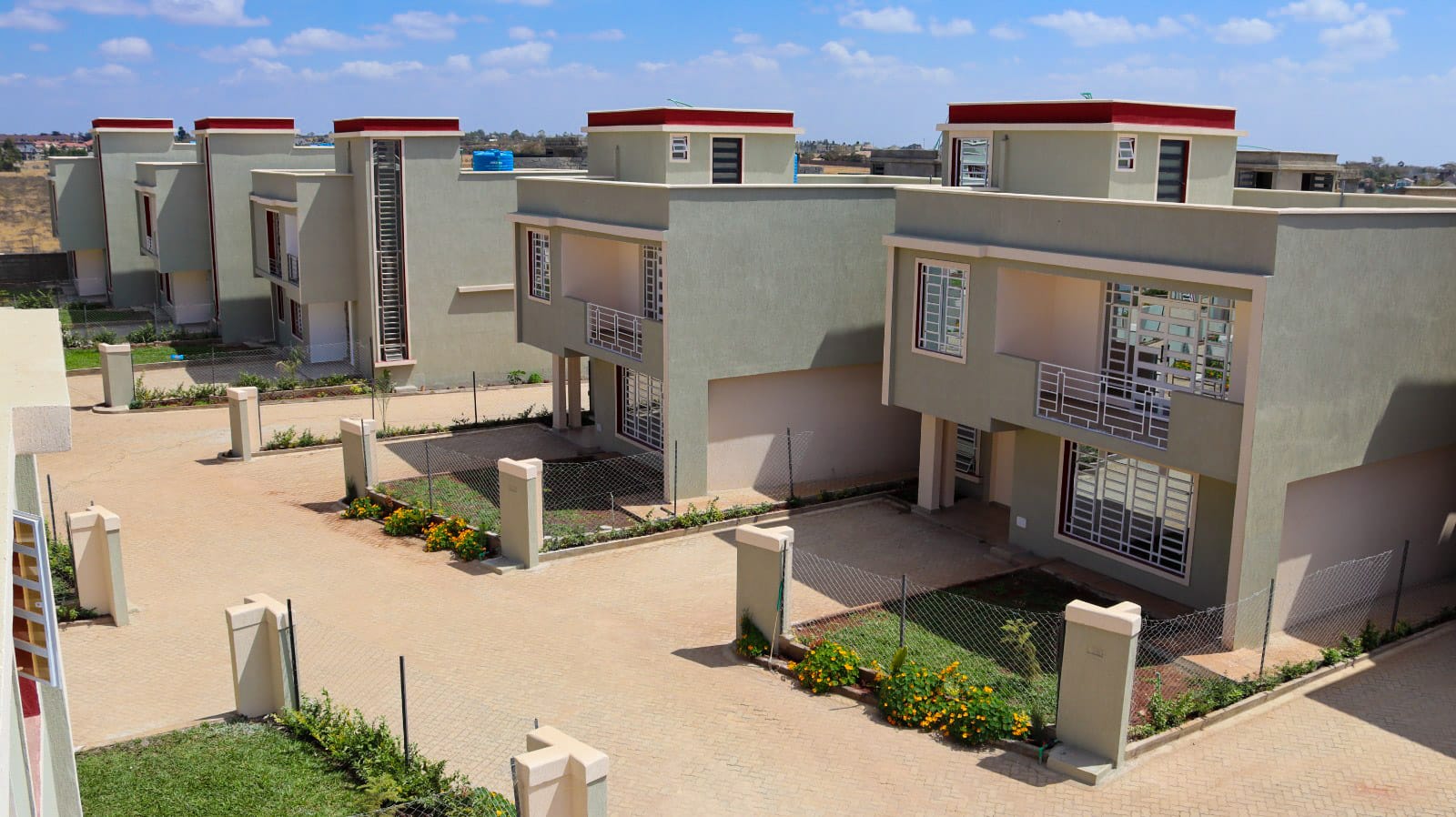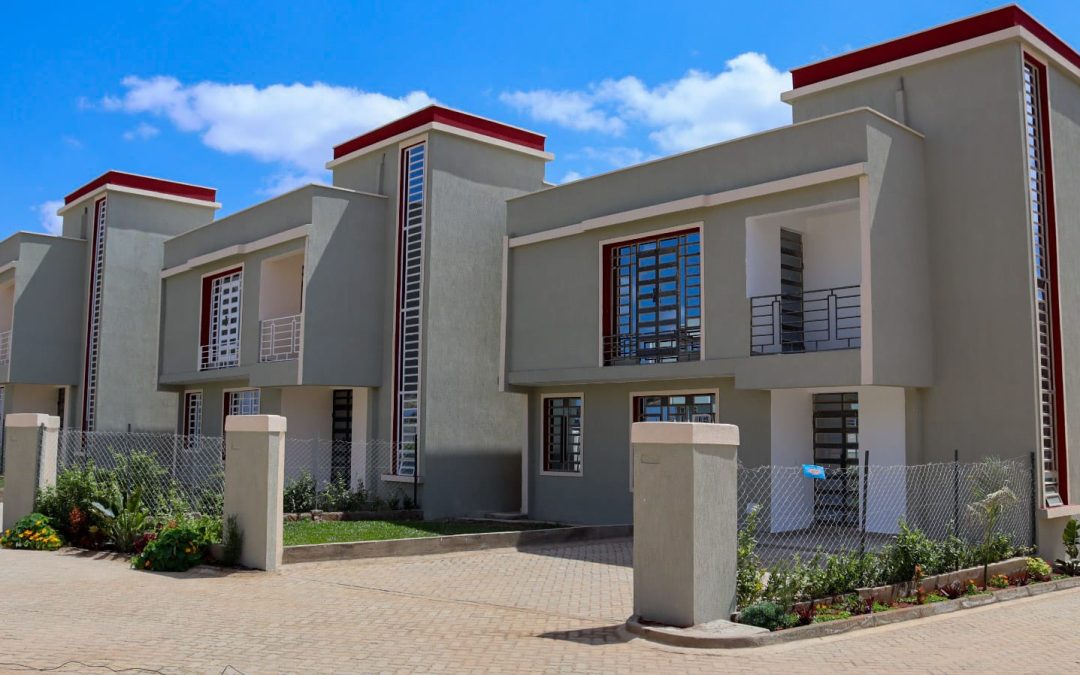
LAND ACQUISITION PROCESS
A Comprehensive Guide to Acquiring and Developing Land in Kenya
Land acquisition and development in Kenya is a thrilling endeavour that can result in successful investments and personal fulfilment. To ensure the success of your project, you must, however, carefully and wisely traverse the process. We’ll go over the key factors and considerations for buying and developing land in Kenya in this blog.
1.Define Your Objectives
Before you begin, clarify your goals for the land acquisition and development project. Are you looking to build your dream home, develop a commercial property, or invest in real estate for future returns? Your objectives will guide your decisions throughout the process.
- Research and Due Diligence
Thorough research is the foundation of a successful land acquisition. Consider the following:
Location: Research different areas in Kenya, taking into account factors like accessibility, infrastructure, and proximity to amenities. Social amenities and accessibility by road are among the main factors considered.
Our projects are located in prime locations and social amenities like schools, shopping centres, hospitals and churches are easily accessible
Land Title: Verify the land’s title deed to ensure it’s clean and there are no disputes. Revisit our previous blog on Title deeds to learn more on the different types of Title deeds.
Land Size and Zoning: Confirm the land size and its zoning classification, which dictates what type of development is allowed. Land zoning in Kenya is governed by a set of regulations and laws that guide the proper use of land. Zoning codes dictate what can be built where, the size and height of structures, and even parking requirements. These regulations are essential for maintaining order and preventing haphazard development.
Land Value: Assess the current market value of the land to determine if it fits your budget. Land valuation is the process of analyzing a property to determine its market value for the purposes of calculating taxes or to enable leasing, sale or acquisition of property.
Local Regulations: Recognise any local environmental laws, construction standards, and permit requirements that may have an impact on your development plans.
- 3. Budget and Financing
Calculate your budget, including the land purchase price, development costs, and potential unexpected expenses. Determine your financing options, whether through savings, loans, or partnerships. Banks also do finance buyers. The bank will pay the purchase amount with the land as collateral
- 4. Land Acquisition
Once you find the right land, it’s time to make an offer and negotiate the price. Seek legal counsel to ensure a proper transfer of property rights and consider having a surveyor assess the land boundaries.
- 5. Legal Procedures
The legal process includes:
Land Search: Perform a land search at the Ministry of Lands to confirm the land’s status. In Kenya one can do a search online or visit the nearest land registry office to perform a land search.
Same as to purchasing a unit, here at Pinebrook we send a you a title deed to perform the due diligence and confirm whether our title deed is legit.
Land Transfer: Execute a Sale Agreement and purchase the land then transfer the title deed at the Ministry of Lands. For us, we give a purchaser a sale agreement then after purchasing we handover the unit to you together with a Leasehold title deed.
Stamp Duty and Transfer Fees: Pay the applicable fees for stamp duty, transfer, and registration.
Other purchasing costs are stated on the sale agreement.
- Planning and Design
Hire an architect and other experts to design your project, making sure it abides with local zoning laws. In this stage, blueprints, layouts, and any necessary permits are created.
- Construction
To make your development a reality, work with a reliable contractor. Verify that they follow deadlines and quality requirements.
- Infrastructure and Amenities
As stated above in the research stage, take into account the availability of necessities including water, electricity, roads, and sewage. If not, look at your installation options.
- 9. Compliance and Approvals
Ensure your project complies with local regulations and secures all necessary approvals, such as environmental impact assessments and building permits. NCA is normally the construction authority board that licenses construction of buildings in Kenya.
- Marketing and Sales (if applicable)
If you intend to sell or rent the developed property, create a marketing plan to attract potential buyers or tenants. One could choose to use digital marketers or sales persons to do the marketing.
Purchasing a unit here at Pinebrook follows almost the same process.
In Kenya, purchasing and developing land is a difficult process that calls for thorough planning, investigation, and adherence to rules and regulations. With the correct information and direction, you can make your land purchase a fruitful and profitable investment. Building your own home or constructing a business property may both be rewarding and financially rewarding experiences. To ensure a smooth and successful development project, keep in mind to consult with professionals and specialists in real estate and legal matters.



